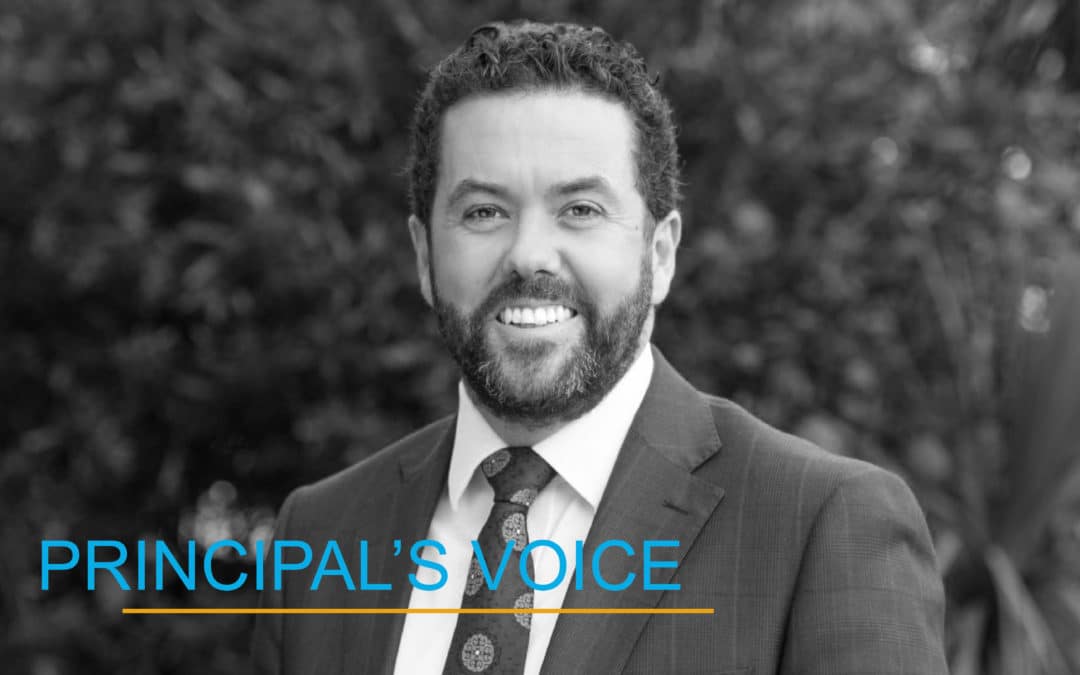When I consider your heavens, the work of your fingers, the moon and the stars, what is mankind that you are mindful of them, human beings that you care for them? – Psalm 8:3
In An Astronaut’s Guide to Life on Earth, Colonel Chris Hadfield provides insights into the requirements for a successful space mission. Hadfield was the first Canadian commander of the International Space Station, and from the following quotes, we can get a sense of what he learnt.
“An astronaut is someone who’s able to make good decisions quickly, with incomplete information, when the consequences really matter… In space I got in touch with the fact that I didn’t even know what I didn’t know.” It’s important to know that you don’t and can’t know everything.
“Over time, I learned how to anticipate problems in order to prevent them, and how to respond effectively in critical situations.” Avoiding problems is one way to solve them.
“Success is feeling good about the work you do throughout the long, unheralded journey that may or may not wind up at the launch pad. You can’t view training solely as a stepping-stone to something loftier. It’s got to be an end in itself.” Focus on the work at hand.
“A lot of our training is like this: we learn how to do things that contribute in a very small way to a much larger mission.” Our contribution matters.
“If you’re not sure what to be alarmed about, everything is alarming.” Proportion and perspective matter.
“Truly being ready means understanding what could go wrong – and having a plan to deal with it.” Readiness involves not just getting it right, but being prepared to put it right when it goes wrong.
“In any field, it’s a plus if you view criticism as potentially helpful advice rather than as a personal attack.” This is easier said than done, but if we do it, we will grow more easily and more quickly.
“If you’re only thinking about yourself, you can’t see the whole picture.” It’s not all about self.
“Over the years I’ve learned that investing in other people’s success doesn’t just make them more likely to enjoy working with me, it also improves my own chances of survival and success.” Working together is better for all.
“When you’re the least experienced person in the room, it’s not the time to show off. You don’t yet know what you don’t know – and regardless of your abilities, your experience and your level of authority, there will definitely be something you don’t know.” Listen to and learn from others.
“Ultimately, leadership is not about glorious crowning acts. It’s about keeping your team focused on a goal and motivated to do their best to achieve it.” Leadership is about others.
“If you start thinking that only your biggest and shiniest moments count, you’re setting yourself up to feel like a failure most of the time.” The journey and its lessons are as significant as the destination. Seek value in the small moments as well as the big ones. There are more small ones.
Tim Watson
Principal





